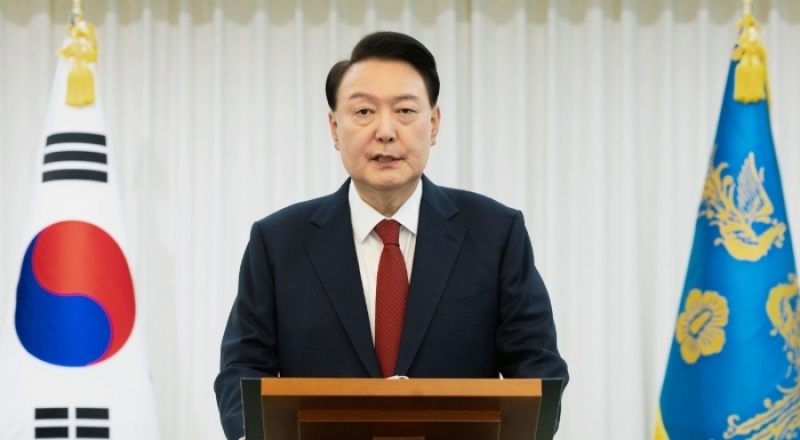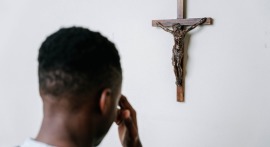
In light of the National Assembly's approval of the impeachment motion against President Yoon Suk-yeol on December 14, religious leaders are urging the Korean Church to pray for the stability of South Korea.
This impeachment vote came after President Yoon briefly imposed martial law, a move that faced widespread condemnation.
However, “Amid a national crisis resulting from the Democratic Party of Korea's paralysis of state affairs and parliamentary dictatorship, President Yoon Seok-yeol declared martial law under the authority granted by the Constitution. This was an unavoidable decision made to protect the Constitution and the sovereignty of the people,” asserted some conservative groups.
While calling for prayer, some church leaders also cautioned that the issues raised by the president regarding the opposition should not be overlooked. They pointed out that using their majority in the National Assembly, the opposition imposed severe budget cuts, pursued impeachments of high-ranking officials, and made attempts to shield their leader from facing his legal troubles.
The Rev. Jung Seo-young, president of the Christian Council of Korea (CCK), stated, “We must observe the situation calmly and wait for the Constitutional Court's ruling on President Yoon’s impeachment. Regardless of whether President Yoon is impeached or not, we must pray for the stability of our nation.”
He added, “It is better to pray quietly in our private rooms. The foundation of religious freedom is liberal democracy. Let us pray for the preservation of South Korea's liberal democracy.”
Emphasizing the role of the church, the Rev. Kwon Soon-woong, president of the Presbyterian Church of Korea Association, remarked, “The Korean Church must pray. All history is under God’s sovereignty, so we should pray for our nation and society to be established rightly. From the perspective of Presbyterian values, democracy based on the separation of powers must function properly. It is not appropriate for the balance among the executive, legislative, and judicial branches to collapse. According to Calvinism, maintaining proper balance is a core value of democracy.”
Jung Sung-gu, the former president of Chongshin University, criticized the church's past shortcomings by saying, “Over the past 50 years, the Korean Church has distanced itself from the Gospel. Pulpits have been filled with sermons focused only on material prosperity rather than preaching justice flowing like a mighty river.” He urged, “Messages from the books of Amos and Habakkuk must be proclaimed boldly from the pulpits.”
Meanwhile, Kim Young-han, professor emeritus at Soongsil University, cautioned against placing sole blame on President Yoon for the current situation.
He noted, “The Democratic Party’s actions to cut funding for nuclear energy restoration or drug enforcement were not policies for the people. While President Yoon’s martial law declaration may have been excessive, declaring martial law is within his constitutional powers. Since he lifted it within six hours, it is difficult to classify it as rebellion.”
He also stressed that “For national stability, it is crucial not to frame President Yoon’s martial law as an act of treason. Instead, we must await the Constitutional Court's judgment on his impeachment.”
The Rev. Won Sung-woong, former superintendent of the Seoul Conference of the Korean Methodist Church, reflected on his initial thoughts about President Yoon’s martial law, stating, “Initially, I thought President Yoon’s martial law was a mistake, and I hoped for a political resolution. However, based on his statements and actions, his declaration of martial law seems to have been aimed at addressing the Democratic Party’s budget cuts and investigating allegations of election fraud. It appears to be an exercise of constitutional emergency powers rather than treason.”
He emphasized, “The Korean Church must pray for God’s will to be fulfilled in this nation. God’s way will be opened.”


















